|
Nicky Drayden, The Prey of Gods, Harper Voyager, 2017. You don't judge a book by its cover. Except in reality, you often pick a book by its cover. The Prey of Gods' cover was what instantly drew me: it's beautiful and invites curiosity about the story. The novel wasn't such an instant hit with me, but it's a great blend of scifi and fantasy in a story packed with action. The Prey of Gods follows five main characters in their lives in South Africa: Muzi, a mixed race teenage boy who is attracted to his best friend Elkin and who tries to lives up to his grand-father's expectations ; Nomvula, a little girl living in a township and whose mother is depressive ; Sidney, who works in a beauty salon but who is a demi-goddess and has the power to manipulate things and minds ; Wallace Stoker, a politician who also leads a double life as Felicity Lyons, an aspiring singer ; Riya Natrajan, a famous singer who secretly suffers from multiple sclerosis. One of the most striking element in The Prey of Gods is how well Nicky Drayden blends scifi and fantasy. We are in a near future where our computers are bots faithfully following us everywhere on their eight legs ; some laboratories can manipulate DNA and create viruses or chimeras. But we are in a world where ancient powers still linger: demi-gods or goddesses are still around and can still get some power out of belief or fear. In a sense, The Prey of Gods has learnt from American Gods, but in setting it in the near future, Drayden can add a scifi touch that is completely part of the story and that never feels stuck on it like an old bit of sellotape. But, in a sense, The Prey of Gods can also be frustrating. Or at least, it was to me, considering my tastes... The novel is full of action: it is often gripping, the rhythm is sustained throughout its 300+ pages, and it's not repetitive, going from a very well done katàbasis to an epic fight with a mecha versus a semi-goddess, to say nothing of rampage scenes in the streets of Pretoria. But I somehow felt that Drayden barely brushed on some aspects that the novel really had the potential for: Nomvula comes from a township (and it seems in the future, the situation for townships inhabitants isn't much better), the AIs are enslaved to humans, we are in South Africa. And yet, somehow, class and race issues, that could be wonderfully explored in such a context, are barely touched upon. It was, as I said, frustrating, because it felt, in the end, like a blockbuster novel to me: lots of action, hints here and there at some deeper issues, but let's not put them in the way of a good fight scene (... but the fight scenes are good indeed!). Nonetheless, even if it was frustrating it didn't deter much my enjoyment of the story, filled with characters who all bring a different voice to their stories of self discovery and empowerment, whether it is to understand what it is to be a man, or to be the woman you've always been even if you were born a man, or to accept pain as a part of you when you suffer from a grave illness. The gods and goddesses are a bit more one dimensional, but they incarnate fully hybris or morality. The Prey of Gods was a very entertaining novel, filled with wonderfully imaginative ideas and very competently written. I may regret it didn't delve deeper in some political or social aspects but I really enjoyed reading it and I would definitely recommend it to whoever is looking for a diverse novel full of action and inventive creations. The writer's website. If you've liked The Prey of Gods, you may also like
0 Comments
Your comment will be posted after it is approved.
Leave a Reply. |
All reviews are spoiler free unless explicitly stated otherwise.
I only review stories I have liked even if my opinion may be nuanced. It doesn't apply for the "Novels published before 1978" series of blog posts. Comments are closed, having neither time nor the inclination to moderate them. |
WHAT IS THE MIDDLE SHELF?
The middle shelf is a science-fiction and fantasy books reviewS blog, bringing you diverse and great stories .
PLEASE SUPPORT AUTHORS.
IF YOU LIKE IT, BUY IT. |
ON THE MIDDLE SHELF
|
KEEP IN TOUCH WITH THE MIDDLE SHELF
|
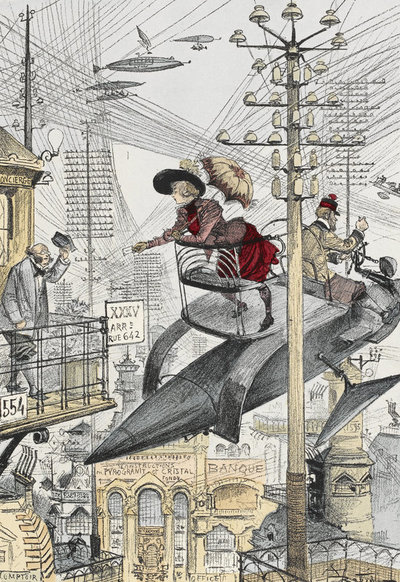
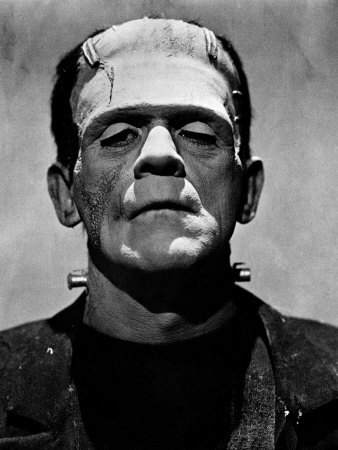
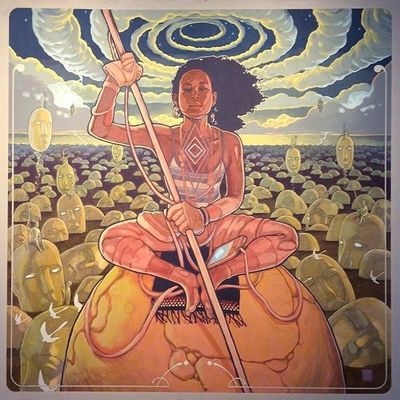
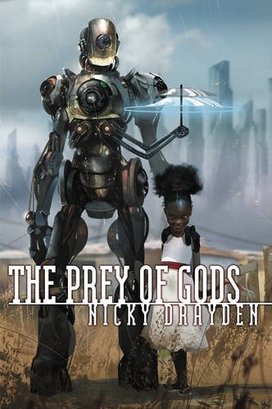
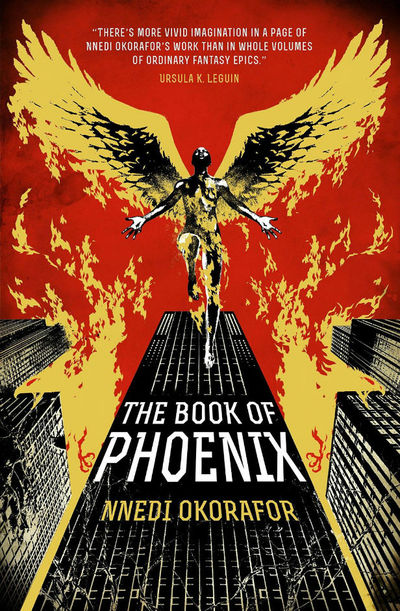
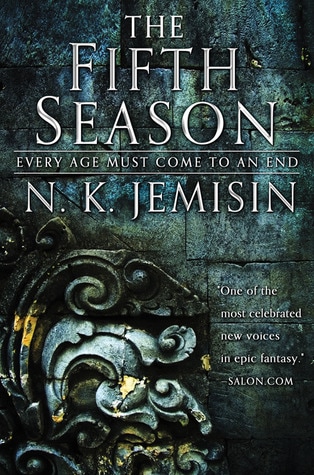
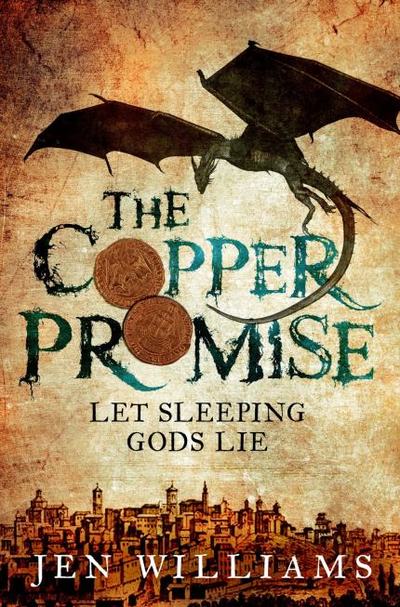
 RSS Feed
RSS Feed
